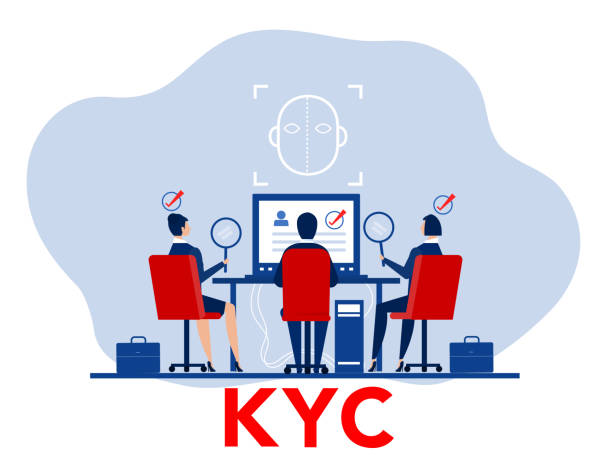In the modern digital world, identity fraud is a difficult issue to tackle for digital firms. Insurance Information Institute (III) states that there are approximately 14 million victims of identity theft.
Additionally, with the increase in online transactions during and after the pandemic era, the number of fraudulent transactions and data privacy breaches have also increased. In this case, only the application of KYC documentation can help firms deal with the above challenges.
Moreover, firms can also ensure compliance with KYC and AML regulations.
KYC Documentation – A Brief Overview
During account opening or executing monetary transactions, staff members ask the users to submit their government-issued records, such as driving licences or passports. The verification officer validates details on the given documents and cross-matches them against ID documentation. Moreover, it ensures that only genuine consumers enter the business.
This is important because AI services can replace verification officers. This way, businesses can empower firms to perform ID validation remotely with online document verification. In this way, only genuine clients will be able to perform monetary transactions, and no bad actor can exploit the company through sophisticated techniques. With time, technological innovation is increasing, and businesses must opt for the latest digital solutions to discourage fake documents and identity theft effectively. In this light, the significance of applying KYC compliance becomes evident.
According to Markets and Market research, the KYC authentication market size will grow to around 19 billion dollars by 2026, showing a CAGR of 16% during 2021-2026.
As per the research, the key market drivers behind the growth of the identity verification market are:
- Growing Digitisation
- Advancing Smart Infrastructure
In the digital era, enterprises are benefiting from technological innovation, however, fraudsters have also utilised intelligent solutions for their malicious goals. The application of KYC documentation can facilitate corporations to discourage external attacks and streamline the onboarding process.
Top 5 Document Fraud Strategies Used By Fraudsters
The following are five popular strategies that criminals use to exploit the corporate world.
Illegitimate Records
Illegitimate documentation is a fake record having no holograms, rainbow prints, and micro prints. Such features are present in original documentation from government agencies.
False Documents
False records do not have manipulations or forgeries, but perpetrators steal such records to bypass the record verification systems. Only the incorporation of KYC checks can help businesses discourage false records and scams effectively.
Modified Documents
Fraudsters exploit authentic records to bypass the defence mechanisms. Criminals create various modified records so meticulously that the human eye cannot detect the manipulation. This is where only the application of KYC documentation can help professionals identify deceptions in records effectively.
Camouflage Records
Fraudsters mention fake data on camouflage records. Criminals fill in the names of issuing authorities that have never existed and do not have the authority to issue records. It is a basic kind of fraud that can bypass old-fashioned security protocols. However, the implementation of KYC documentation can facilitate users to discourage scam attempts.
Blank Stolen Records
Original document forms are usually blank, and fraudsters leak confidential records from the manufacturing supply chain by entering fake information.
Famous Benefits of Using AI-Driven KYC Checks
The following are popular benefits of using innovative digital solutions to discourage scam attempts from fraudsters.
Providing Speed and Convenience to Customers
The factors of speed and convenience are important to users in order to ensure a positive customer experience. Previously, the manual procedures were slow and cumbersome, which led to clients shifting from one company to another.
By collaborating with third-party vendors, businesses can implement KYC verification to validate the identities of new customers. The use of government-issued records, such as passports and driving licences, can help experts onboard genuine clients by screening photos of original records in real-time.
Mitigating Risks and Attracting Genuine Customers
In the context of business growth, performing identity verification becomes increasingly important to discourage crime and connect with genuine clients worldwide. As per a global fraud report, the absence of robust security protocols can discourage customers from receiving benefits from the company and shift to a better experience.
KYC authentication can help mitigate business risk, increase customer satisfaction and ensure AML/KYC compliance. This way, experts can reduce errors in the final output and attract genuine customers.
Final Thoughts
The incorporation of online KYC can help corporations streamline their onboarding procedure. This way, businesses can analyse the sensitive data of customers and validate it to ensure its authenticity. The innovative digital solution also cross-checks data against global watchlists to discourage high-risk entities from exploiting the system.
Businesses can also team up with third-party vendors to implement KYC documentation and ensure a positive experience for clients. This way, firms can ensure competitive advantages and KYC/AML compliance.
Read Also: Why Dedicated Server USA is the Best For Video Streaming?
